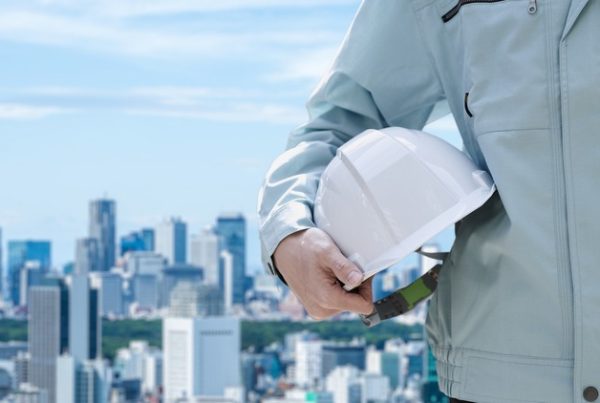Welding is a profession that combines skill, precision, and a keen understanding of materials. Whether you’re an independent welder or run a welding shop, there’s more to the trade than just joining metals. From safety protocols to understanding liabilities and certifications, this comprehensive guide offers seven essential tips for welders.
1. Prioritize Personal Safety
Personal Protective Equipment (PPE):
- Welding Helmet: Invest in an auto-darkening helmet that offers a clear view but shields your eyes from intense light and UV radiation.
- Protective Clothing: Flame-resistant clothing, including leather jackets and aprons, prevent burns from sparks.
- Gloves: High-quality welding gloves protect hands from heat, sparks, and sharp metal.
- Safety Shoes: Welding-specific shoes shield your feet from falling metal pieces and are resistant to heat.
Ventilation:
Ensure the workspace is well-ventilated. Welding can release harmful fumes, so adequate ventilation is crucial to prevent inhalation.
2. Shop Safety Measures
Fire Prevention:
- Keep combustibles away from the welding area.
- Have fire extinguishers readily accessible.
Equipment Maintenance:
Regularly inspect and maintain welding machines and tools to prevent malfunctions that could lead to injuries.
Clutter-Free Workspace:
Keep the shop tidy. Remove any unnecessary items, ensuring there are clear paths to move around, reducing tripping hazards.
3. Welder Certifications and State Licenses
Staying updated with certifications not only showcases your expertise but also ensures you’re aware of the latest safety and technique standards.
- Certification Bodies: Organizations like the American Welding Society (AWS) offer certifications that are recognized nationally.
- State Licenses: Some states require welders to obtain a license. This often involves passing an exam that tests both knowledge and practical skills.
Regularly review and renew these certifications and licenses. They are not just regulatory requirements but are also beneficial for securing contracts and client trust.
4. Employee Safety and Workers’ Compensation
If you run a welding shop with employees:
Training:
Ensure every employee undergoes regular safety training, both when they join and as refresher courses.
Workers’ Compensation Insurance:
It’s not just a legal requirement in many states, but also a safety net. If an employee gets injured, workers’ comp can cover medical bills and lost wages. This protection is crucial for the employee’s welfare and shields your business from potential lawsuits.
5. Shop and Jobsite Liability
General Liability Insurance:
For welding shops, general liability insurance is vital. It covers injuries or damages that might happen on your premises.
Jobsite Liabilities and Scenarios:
When working off-site, numerous unexpected liabilities can arise:
- Scenario 1: A spark from your welding activity ignites a fire, causing damage to the client’s property.
- Scenario 2: A passerby trips over your equipment at the jobsite, resulting in injury.
Jobsite liability insurance can protect welders from such claims, ensuring that while you focus on your work, any unintended mishaps are covered.
6. Rented Space Insurance
If you rent a space for your welding shop:
Landlord Requirements:
Most landlords will have insurance requirements before leasing out their space. Ensure your insurance covers any specific clauses your landlord demands.
Coverage Essentials:
Beyond meeting landlord requirements, ensure your rented space insurance covers:
- Property damage due to welding operations.
- Any potential business interruptions, such as equipment breakdowns or fires.
7. Stay Updated and Regularly Review Policies
The welding industry, like any other, evolves. New techniques, tools, and safety protocols emerge:
- Continuous Learning: Attend workshops and seminars to stay updated.
- Insurance Policy Review: Regularly review and update your insurance policies. As your business grows or shifts, your coverage needs might change too.
Conclusion
Welding is a profession that demands both skill and responsibility. While the art of fusing metals is at its core, a successful welder or welding shop owner must also be aware of the safety protocols, certifications, and liabilities that surround the trade. By adhering to these seven tips, welders can ensure not only the quality of their work but also the safety of their environment and the sustainability of their business. Whether you’re just starting out or have been in the trade for years, regularly revisiting these fundamentals can pave the way for a long and successful welding career.












